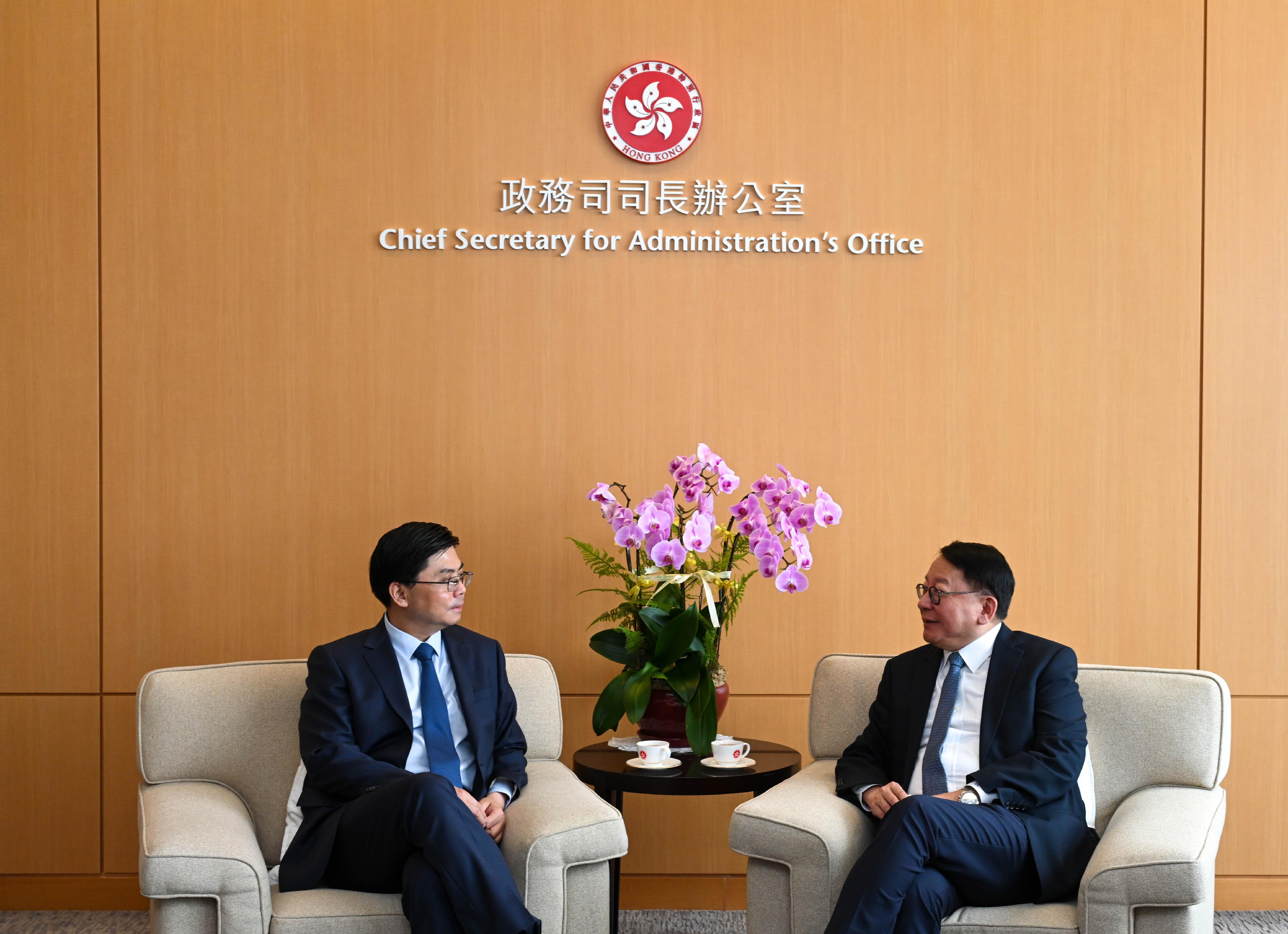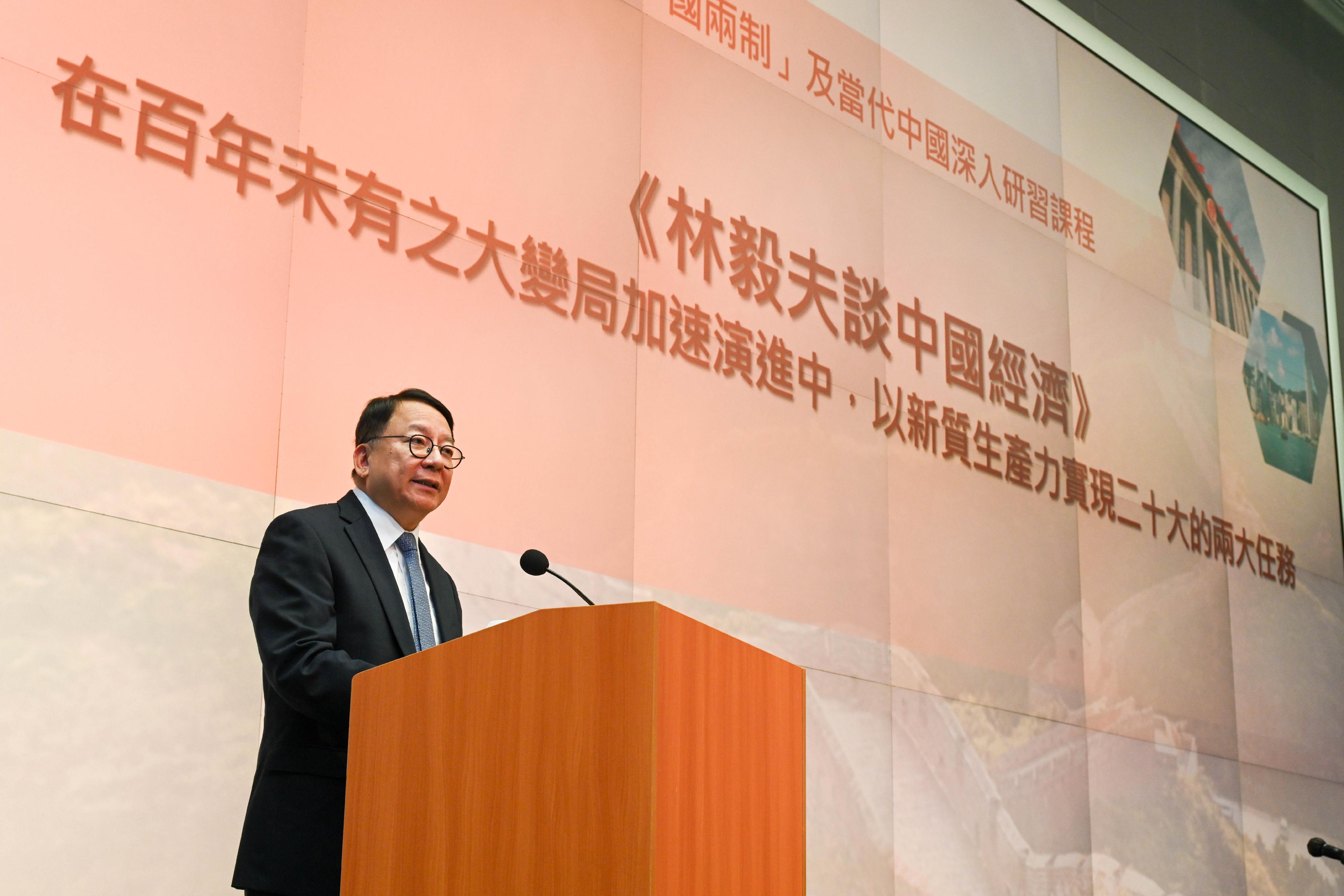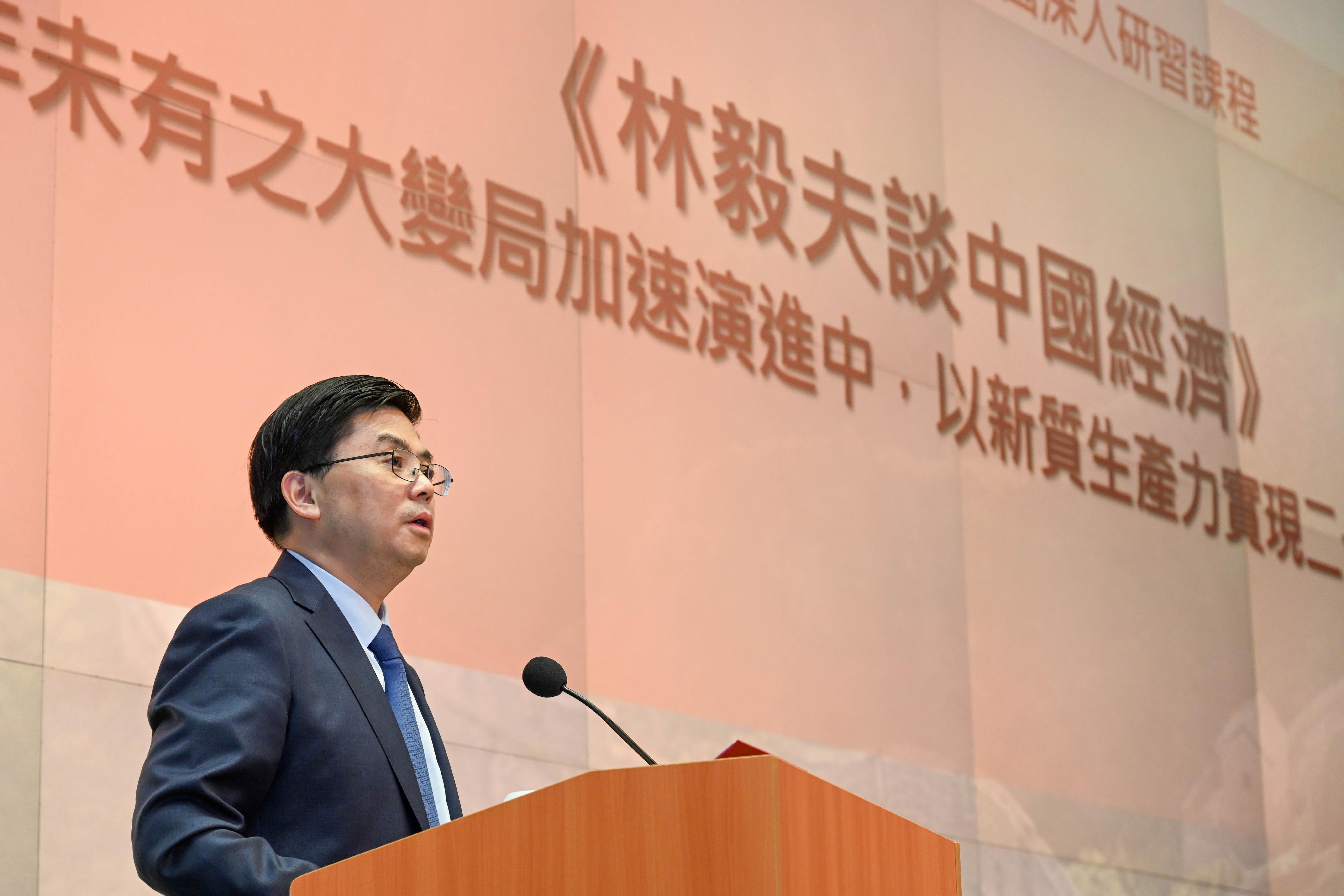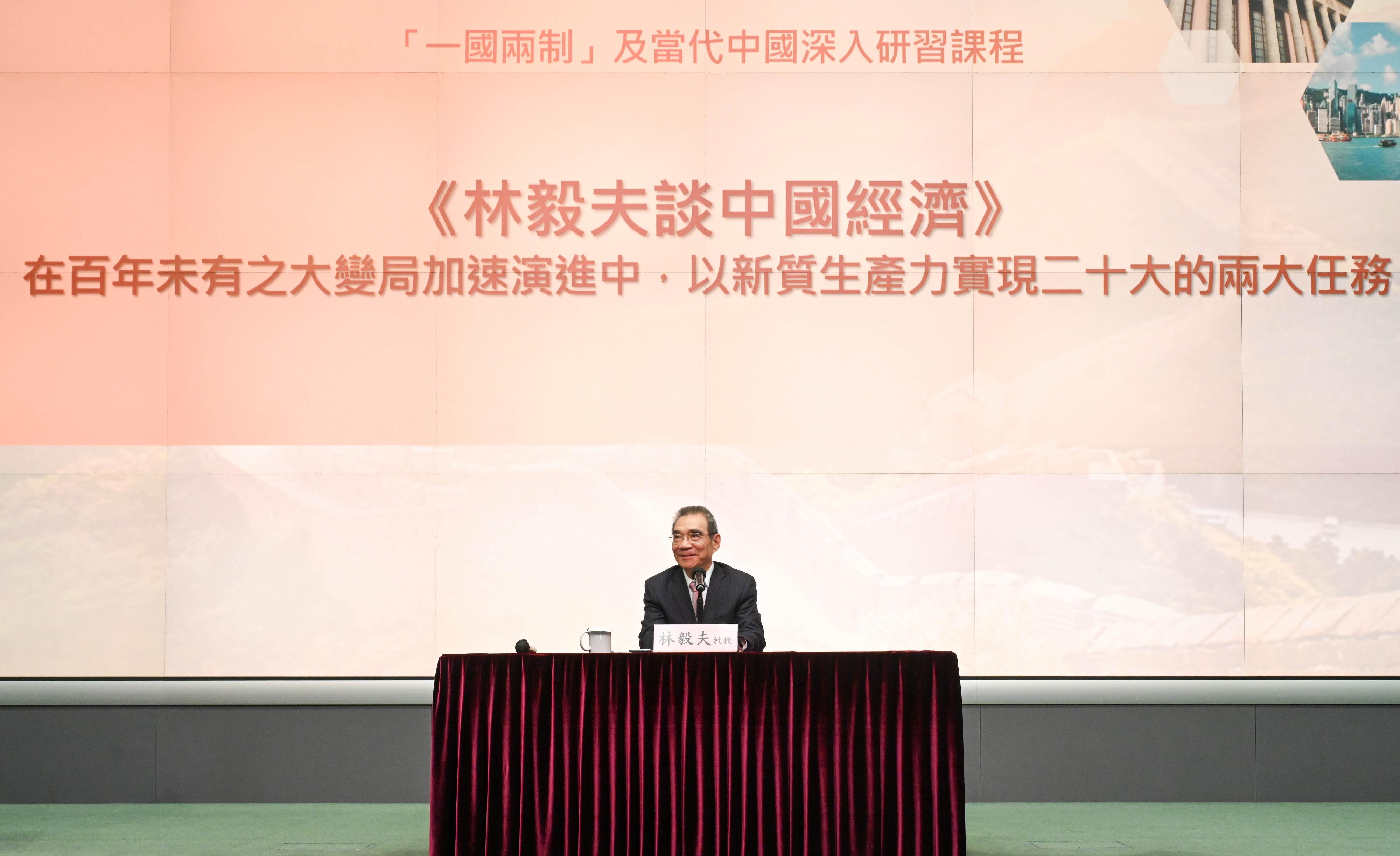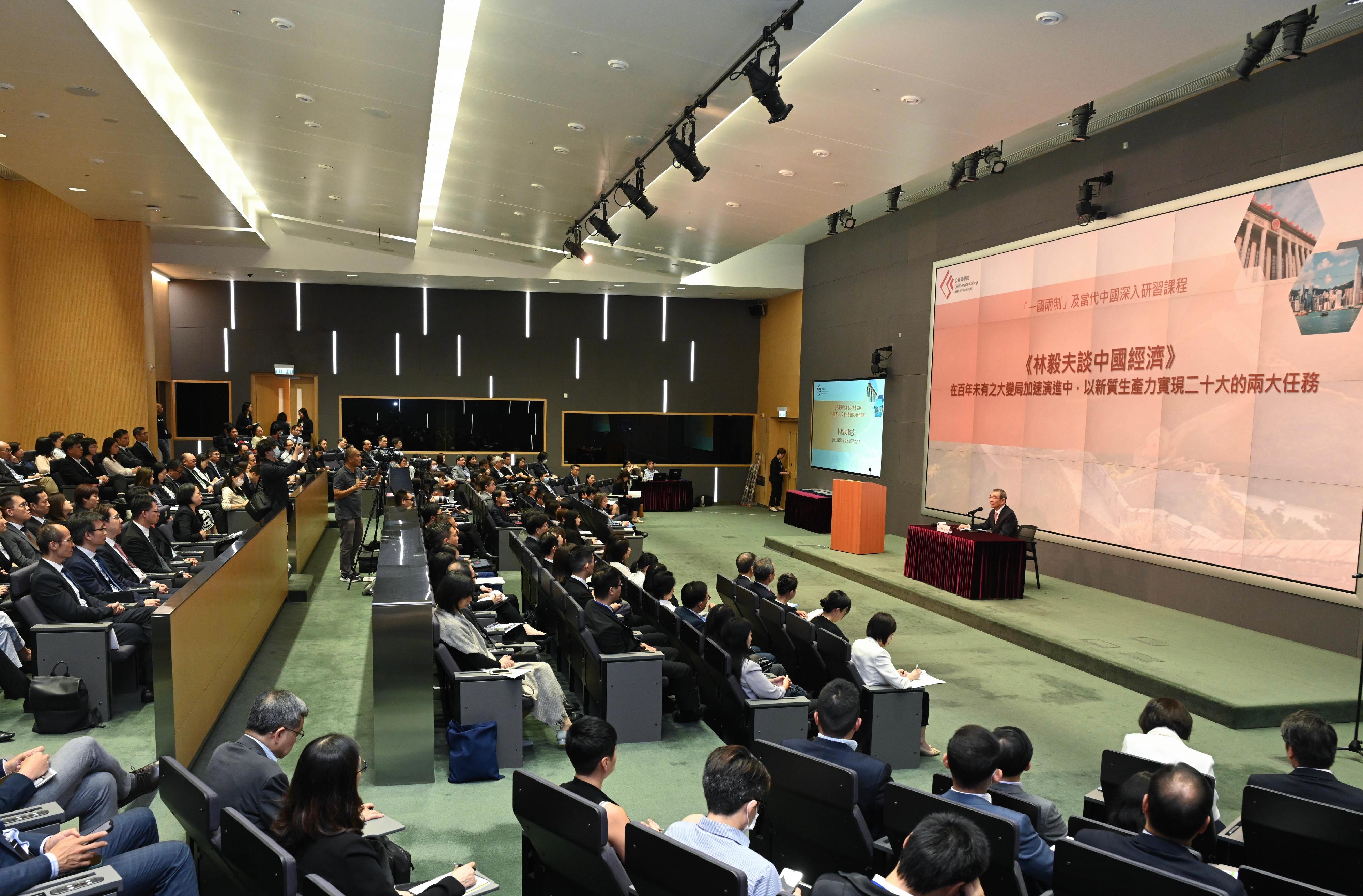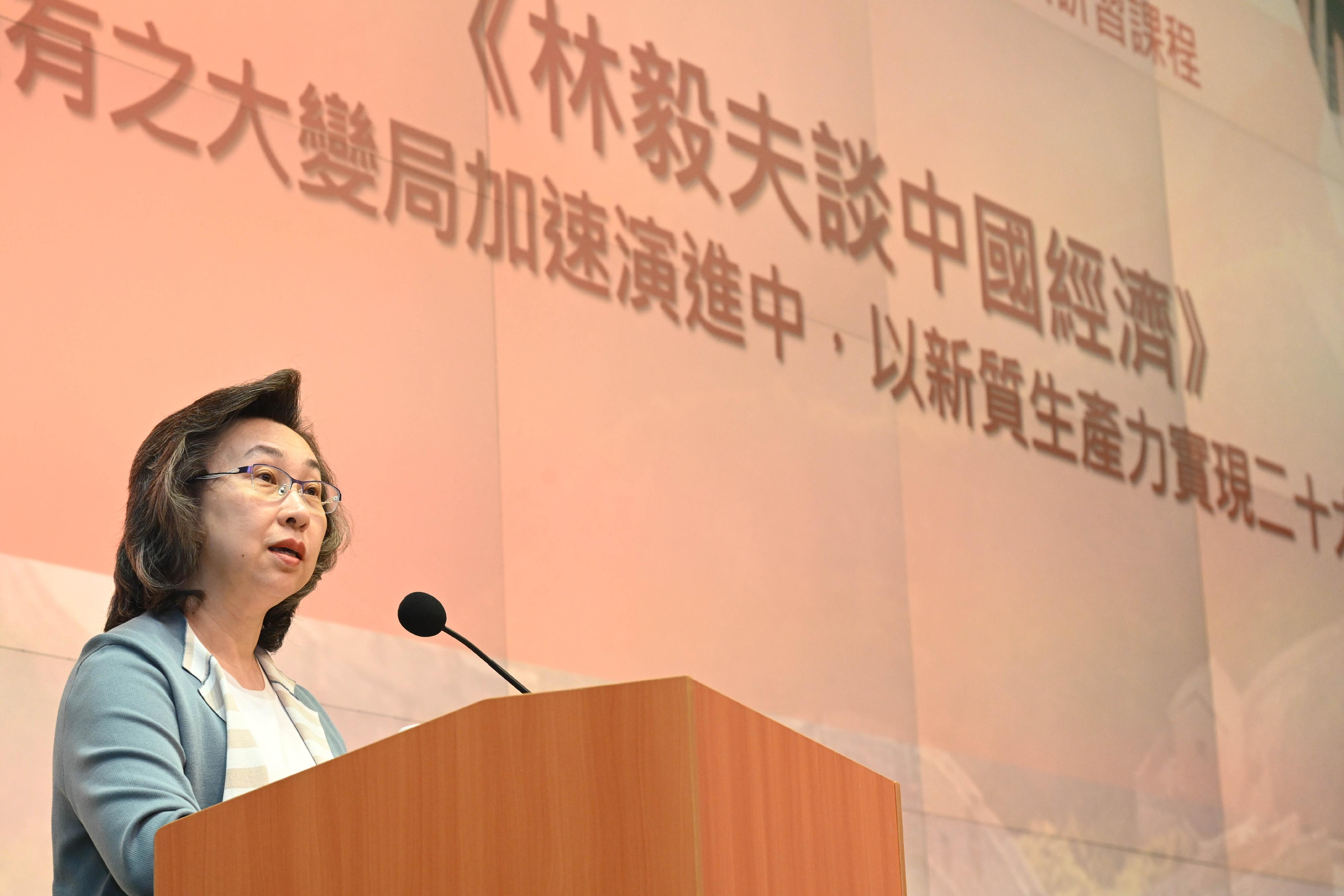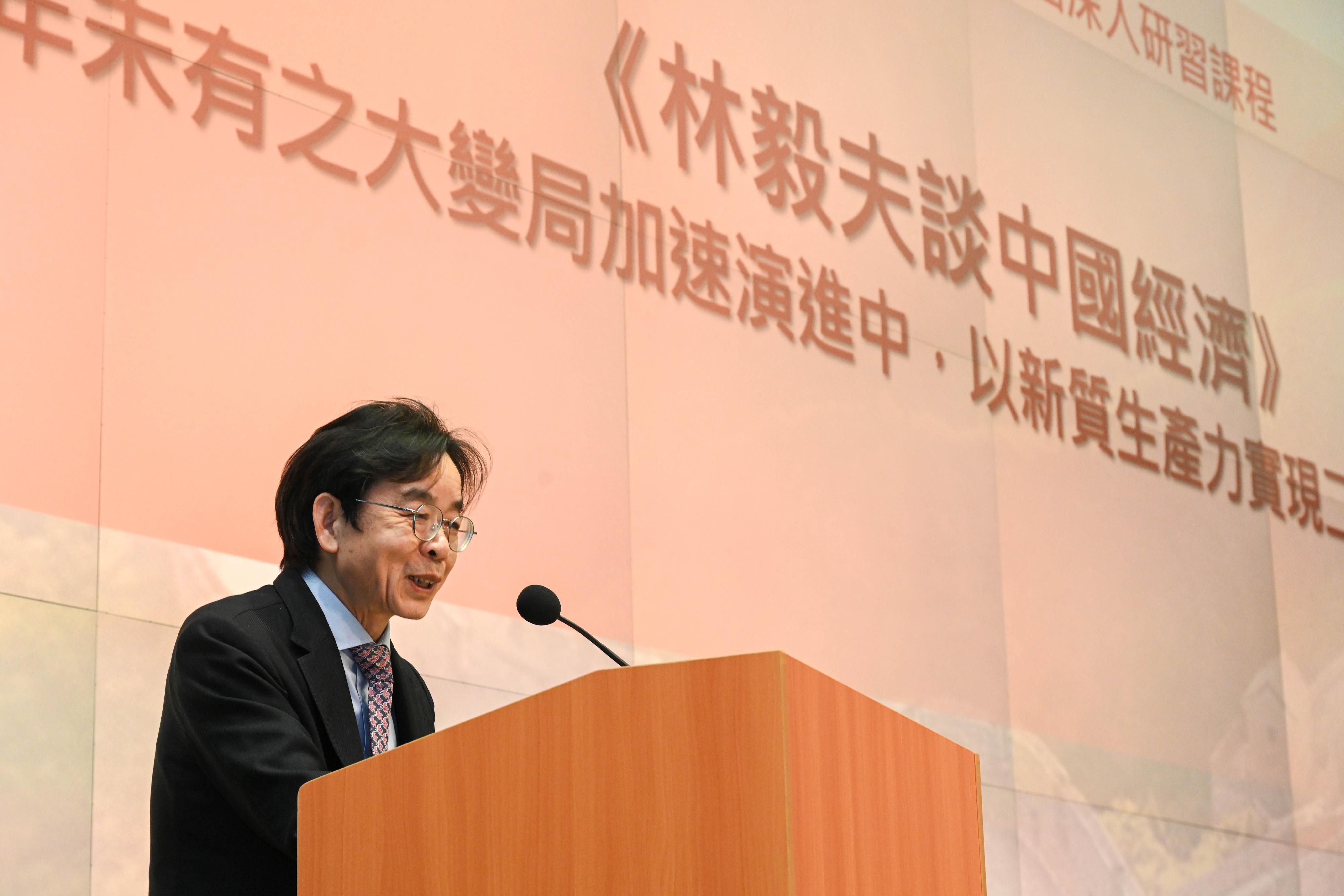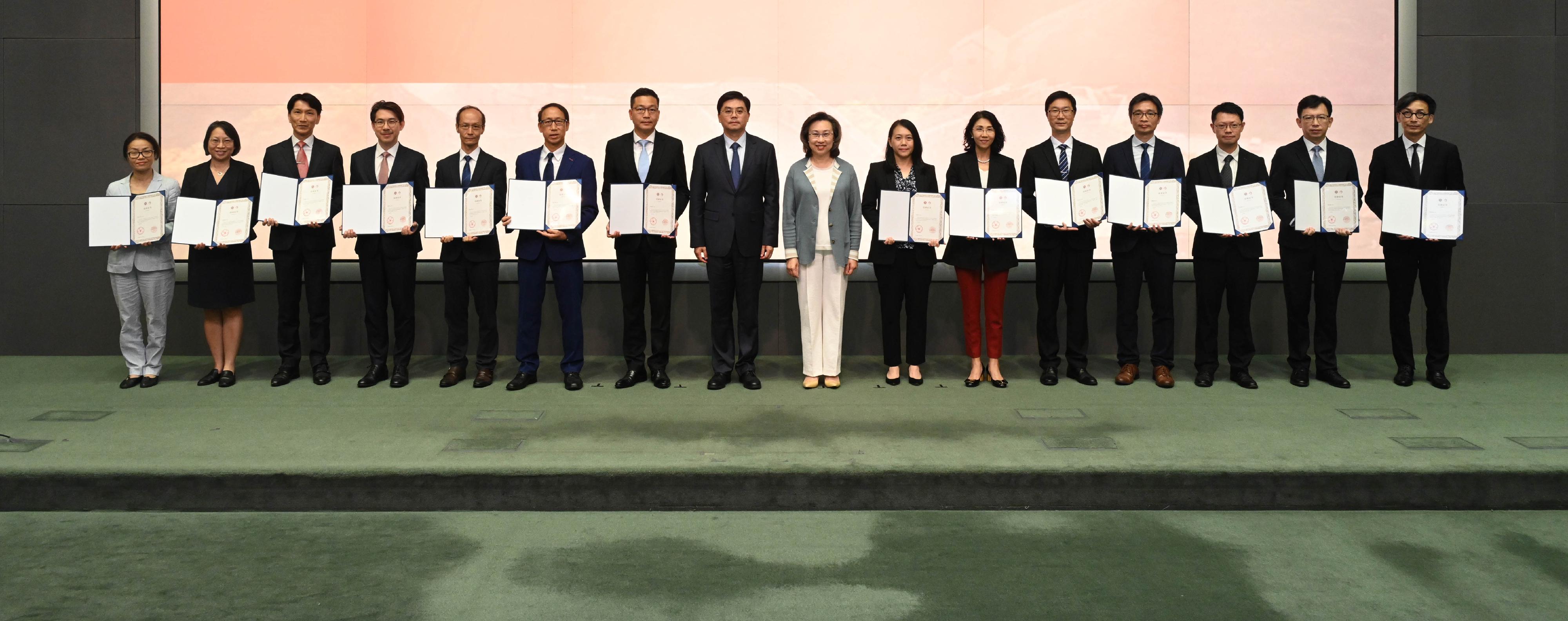The Centre for Health Protection (CHP) of the Department of Health (DH) is today (June 18) investigating a probable locally acquired case of dengue fever (DF), and again urged the public to maintain strict environmental hygiene, mosquito control and personal protective measures both locally and during travel.
The patient is a 54-year-old female with underlying illnesses. She developed fever and retro-orbital pain since June 6 and consulted a private doctor on June 9. She attended the accident and emergency department of Tin Shui Wai Hospital on June 11, and was admitted for treatment on the same day. She was transferred to Pok Oi Hospital for further treatment on June 14. She is now in stable condition. Her blood sample tested positive for dengue virus upon laboratory testing.
Initial enquiries revealed that the patient lives in Tin Shui (1) Estate in Tin Shui Wai. As she only left Hong Kong for a few hours and otherwise stayed in Hong Kong for the whole incubation period, the case was probable locally acquired. Her home contact is currently asymptomatic and has been put under medical surveillance.
No epidemiological linkage has been found so far between this case and other previously recorded dengue fever cases in Hong Kong.
"The DH is working closely with the Food and Environmental Hygiene Department (FEHD) to assess and prevent a possible spread of infection. The FEHD's vector investigations, surveillance and control are ongoing. The CHP's epidemiological investigations will continue," a spokesman for the CHP said.
Officers of the CHP have inspected the patient's residence and will conduct field investigations of neighbouring residents by questionnaire surveys.
Persons who have been to Tin Shui (1) Estate in Tin Shui Wai with DF symptoms should call the CHP's hotline (2125 2374) which will operate starting from tomorrow (June 19), Monday to Friday (excluding public holidays) from 9am to 5pm, for laboratory investigations or referrals as appropriate. Furthermore, the CHP will hold a health talk jointly with the FEHD at 6pm tomorrow in the Tin Shui Community Centre, during which the CHP will also conduct free DF antibody tests for people in the district with relevant symptoms.
"Letters will be issued to local doctors and hospitals to alert them to the latest situation," the spokesman added.
This is the second local DF case recorded this year. Meanwhile, as at June 13, 26 imported DF cases had been recorded this year.
"Apart from general measures, travellers returning from areas affected by DF should apply insect repellent for 14 days upon arrival in Hong Kong. If feeling unwell, seek medical advice promptly and provide travel details to the doctor," a spokesman for the CHP said.
The public should take heed of the following advice on mosquito control:
- Thoroughly check all gully traps, roof gutters, surface channels and drains to prevent blockage;
- Scrub and clean drains and surface channels with an alkaline detergent compound at least once a week to remove any deposited mosquito eggs;
- Properly dispose of refuse, such as soft drink cans, empty bottles and boxes, in covered litter containers;
- Completely change the water of flowers and plants at least once a week. The use of saucers should be avoided if possible;
- Level irregular ground surfaces before the rainy season;
- Avoid staying in shrubby areas; and
- Take personal protective measures such as wearing light-coloured long-sleeved clothes and trousers and apply insect repellent containing DEET to clothing and uncovered areas of the body when doing outdoor activities.
DEET-containing insect repellents are effective and the public should take heed of the tips below:
- Read the label instructions carefully first;
- Apply right before entering an area with risk of mosquito bites;
- Apply on exposed skin and clothing;
- Use DEET of up to 30 per cent for pregnant women and up to 10 per cent for children*;
- Apply sunscreen first, then insect repellent; and
- Re-apply only when needed and follow the instructions.
* For children who travel to countries or areas where mosquito-borne diseases are endemic or epidemic and where exposure is likely, those aged 2 months or above can use DEET-containing insect repellents with a DEET concentration of up to 30 per cent.
The public should call 1823 in case of mosquito problems and may visit the following pages for more information: the DF pages of the CHP and the Travel Health Service, the latest Travel Health News, tips for using insect repellents, and the CHP Facebook Page and YouTube Channel.
